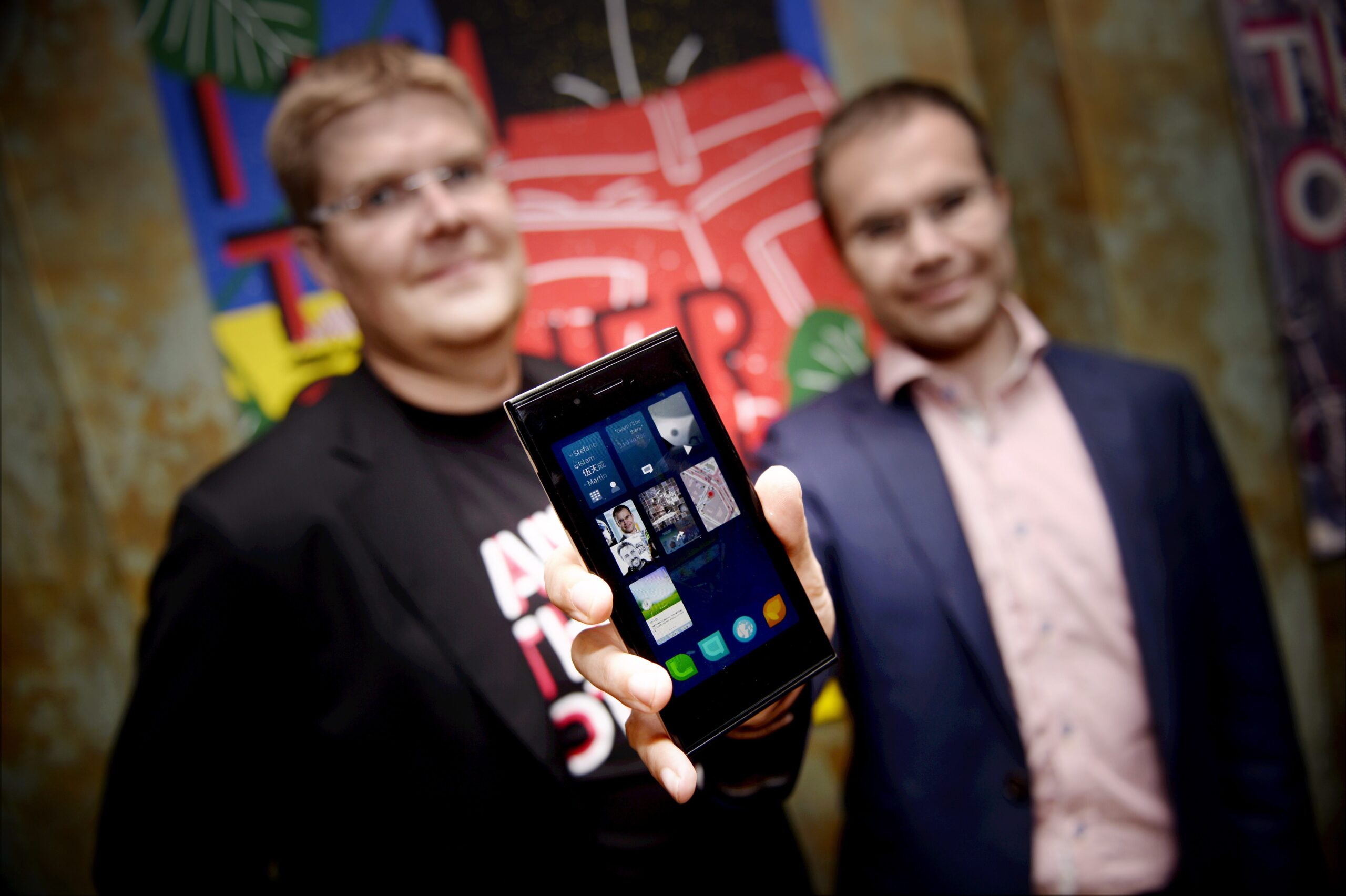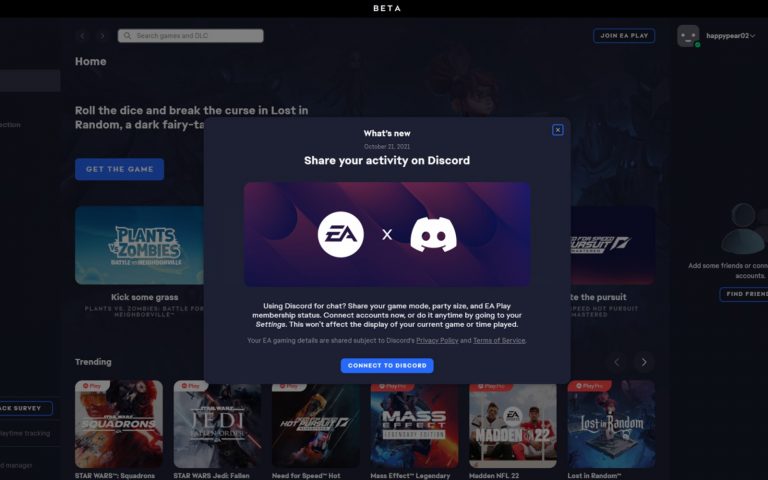Jolla says it’s trying to part ways with its major Russian stakeholder
Finnish software outfit Jolla has announced that it is attempting to disentangle itself from the Russian state interests that hold a significant stake in its business. Samuli Simojoki, current chair of Jolla’s board, posted (in Finnish) on LinkedIn, saying that Jolla is currently 45-percent owned by Rostelecom. The Russian telecommunications giant is itself 45-percent owned by the Russian government, and so while it’s not a majority stake, it is significant. Simojoki added that Jolla has been “actively” driving down its Russian business through 2021 and, at this point, does not make any money from the nation. But, until it can find a way of buying Rostelecom out, or somehow otherwise arranging a separation, the thorny issue remains.
Those with short memories might not recall that Jolla was the company that rose from the ashes of Nokia’s homegrown smartphone OS, MeeGo. Jolla, itself formed by former Nokia engineers, developed MeeGo into Sailfish, which was intended to offer a second alternative to Android in the then-burgeoning mobile world. After a not-too-successful attempt at launching its own handset in 2013, Sailfish pivoted to supporting Android devices as a replacement operating system for those tired of Google. By early 2015, having failed to make much of a dent in the world with that strategy, Jolla received positive overtures from the Russian government.
Russia’s interest in Sailfish was, broadly speaking, part of a trend back then reflecting a wariness on behalf of other major nations of western technology. Both China and Russia, concerned that computers, tablets, smartphones and industrial applications were becoming entirely dependent on American-owned hardware and software, looked for alternative platforms to adopt. In late 2016, the Russian government approved Sailfish as a platform that could be used by government departments and officials. It subsequently signed similar deals in China and Latin America, where Jolla licensed its source code to a local partner. This was sufficient to help it avoid a second bankruptcy, although its financial woes have always been an issue.
It’s not clear, and we have emailed Jolla for further comment, what this will mean for Jolla’s future as a standalone business. In his LinkedIn post, Simojoki said that the company has received plenty of positive interest from European companies, but they will only sign up after Rostelecom’s stake is gone. That, for now, leaves the company stuck in something of a Catch-22.
All products recommended by Engadget are selected by our editorial team, independent of our parent company. Some of our stories include affiliate links. If you buy something through one of these links, we may earn an affiliate commission.






